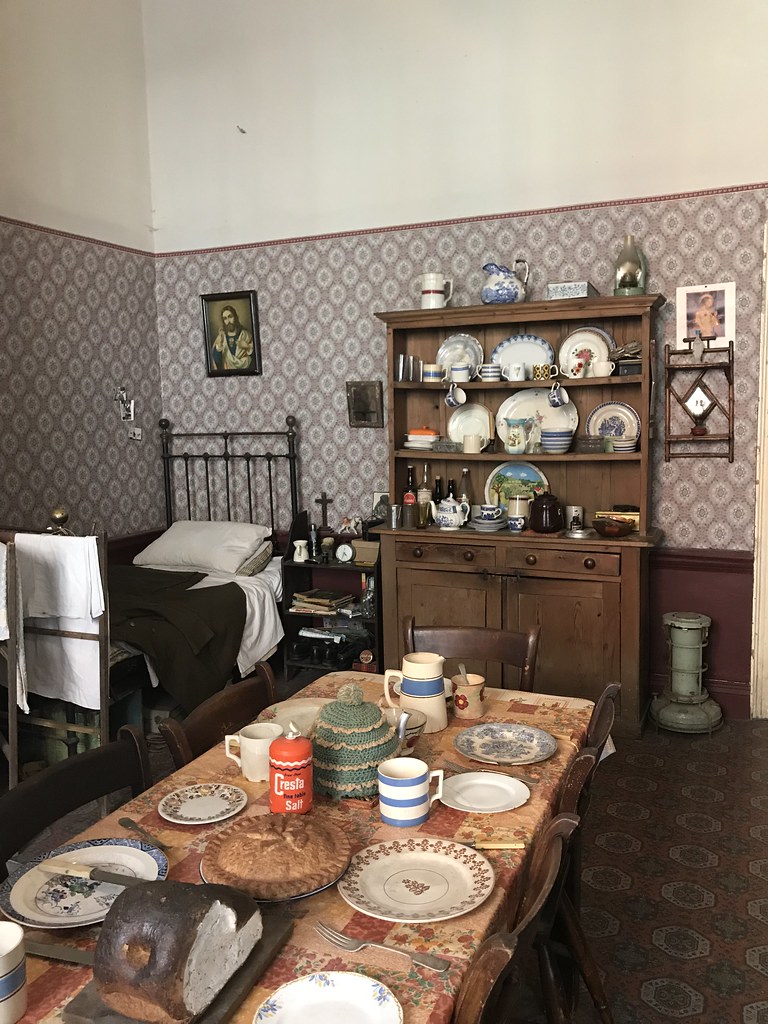“Home Fire” by Kamila Shamsie
I thought this was a really good book. Thought provoking and well written. I’m still thinking about it and I found the end really shocking. It’s based on Antigone. Do not, in any way, let that put you off.
“Other People’s Countries” by Patrick McGuinness
There is no plot to this. A man who grew up between countries (Belgium and England – and many others where his parents worked) tries to capture the essence of a small town in Wallonia. The writing is exceptionally good. I loved it.
“The Children of Men” by PD James
I generally like science fiction and the concept here is clever – people have stopped having children and the end times are coming – and the consequences well thought through. The narrator is, deliberately, I think, quite unsympathetic. There are parts where it works really well but ultimately I found the narrator’s relationship with the main female character unsatisfactory and that made it drag a bit for me.
“Big Sky” by Kate Atkinson
I love Kate Atkinson and I loved this book. It’s about modern day slavery and not as grim as that sounds although quite grim in places. Furthermore, Hodges Figgis accepted €20 in stamps on various loyalty cards (several of them out of date) which I managed to dredge up from the bottom of my handbag (people love to be behind me in the queue) and I got it free. Rejoice.
“The Silence of the Girls” by Pat Barker
I found this quite interesting as my classical education ended at 15 and a lot of the Trojan war is Greek to me. Sorry.
“Paradise Lodge” by Nina Stibbe
You know, fine, Nina Stibbe can be very funny in places but the narrative as a whole never hangs together particularly well. Amusing and undemanding, you could do a lot worse, I suppose.
“The Long Earth” by Terry Pratchett and Stephen Baxter
A science fiction offering. I found volume one grand but I have no desire to go on and read volumes 2-5 as my son Michael did with every appearance of enthusiasm.
“Oh My God, What a Complete Aisling” by Emer McLysaght and Sarah Breen
This is a cultural phenomenon in Ireland. It’s about a girl from the country adapting to Dublin and its notions. Very funny in places but occasionally a bit saccharine.
“The Importance of Being Aisling” by Emer McLysaght and Sarah Breen
But look, sure, I came back for book 2.
“Once, Twice, Three Times an Aisling” by Emer McLysaght and Sarah Breen
Mr. Waffle bought book 3 on the e-reader. I hate the e-reader. “But”, he said, “it’s great value, as she’d say herself.” There was a bit in it where Aisling waxes lyrical about the value of an IKEA blue bag and I realised that she and Mr. Waffle were soul mates. He loves an IKEA blue bag.
“Dandy Gilver and the Unpleasantness in the Ballroom” by Catriona McPherson
I’m still loving Dandy Gilver. There are 14 of them and I hereby signal that I am going to read them all. I don’t love the detective bit as I find it embarrassingly hard to follow but I love the personalities and the period charm (they’re all set in Scotland in the 20s and 30s).
“Dandy Gilver and a Spot of Toil and Trouble” by Catriona McPherson
What did I tell you? I will be reading them all.
“Dandy Gilver and an unsuitable day for a murder” by Catriona McPherson
Yes, really.
“Dandy Gilver and a Bothersome Number of Corpses” by Catriona McPherson
Every single one.
“A Step So Grave” by Catriona McPherson
This is a Dandy Gilver mystery although her name does not appear on the cover.
“The Winter Ground” by Catriona McPherson
And so is this.
“The Enchanted April” by Elizabeth von Arnim
I don’t know that I was enchanted now but I found this story about four women who are thrown together renting a castle in Italy appealing enough in a mild way.
“Man’s Search for Meaning” by Viktor Frankl
This is a very famous memoir of a concentration camp survivor writing about his time in the camps. Although he is a pretty positive person, I found it a very grim read.
“Clock Dance” by Anne Tyler
I love Anne Tyler’s writing style and her characters. Plot is always a bit less important and it says a lot for her strengths that I don’t really mind that.
“Standard Deviation†by Katherine Heiny
This was very funny in places but sometimes it felt like a range of gags in search of a plot. I though it was grand but I have to say that Mr. Waffle really enjoyed it.
“The Dutch House” by Ann Patchett
This is a lovely book. It’s about a brother and sister and their relationship and the house they grew up in. I would really recommend it.
“The Great Hunger” by Cecil Woodham Smith
This is a classic book and although, I gather, scholarship has moved on in some ways, still a very comprehensive and readable summary of the famine and what happened to people during and after.


